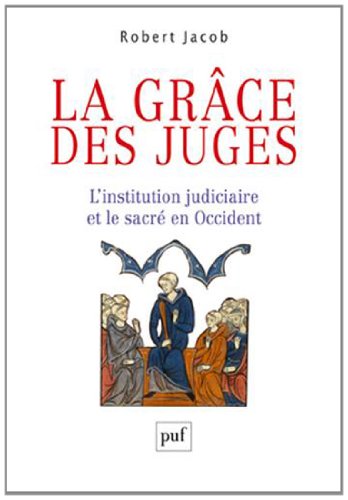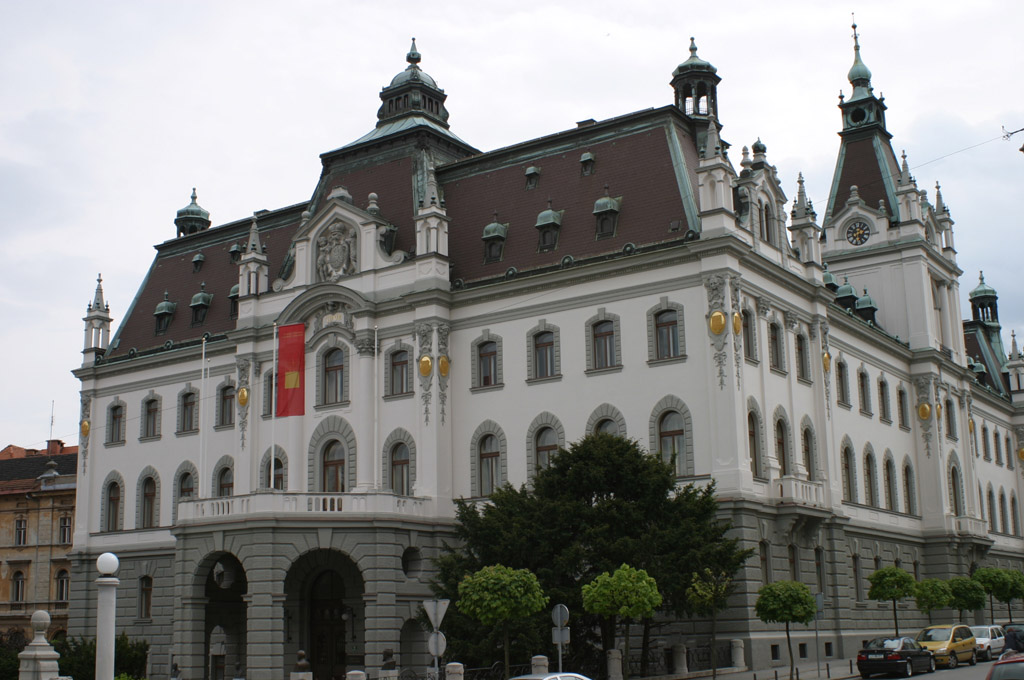Colloque sous la direction de Sylvain Ledda et Sophie Vanden Abeele-Marchal, Université de Rouen/Université de Paris-Sorbonne, 11- 12 février 2015Présentation«La Gazette des tribunaux publie des romans autrement faits que ceux de Walter Scott, qui se dénouent terriblement, avec du vrai sang et non avec de l’encre», écrit Balzac dans Modeste Mignon. Fondée en 1825, La Gazette des tribunaux, dont le sous-titre est «journal de la jurisprudence et des débats judiciaires», est le premier journal spécialisé dans le domaine de la justice. Organe de la magistrature, il est promis à devenir aux débats des chambres de justice ce que le Moniteur est à ceux des chambres des représentants. Selon la formule du Prospectus qui revendique l’«élargissement de la publicité», les fondateurs de la Gazette en appellent à une conception postrévolutionnaire de la justice: à l’arbitraire des procédures secrètes, il s’agit de substituer le dévoilement démocratique de la justice et l’exposition médiatique – «une exposition en effigie à quinze mille exemplaires répandus dans toute la France et à l’étranger», selon l’expression ironique d’Alphonse Karr en 1847[1]. Alors que le tribunal est devenu une scène majeure de la vie publique, cette ambition rencontre et attise la curiosité croissante du «grand public» pour le crime et ses mystères. La fascination pour le fait divers va contribuer en effet à l’immense succès d’un périodique dont on mesure aujourd’hui l’influence sur la création littéraire.La Gazette devient le véritable répertoire de l’histoire criminelle des temps: la critique a ainsi relevé de nombreux faits de genèse, de Stendhal à Maupassant, en passant par Dumas et Flaubert. Elle se constitue même et surtout en archétype du journal criminel: les rédacteurs participent à la construction d’un imaginaire du crime auquel ils empruntent autant qu’il fournissent des images et des structures narratives. Dès lors, la Gazette renouvelle profondément les formes traditionnelles de médiatisation de la justice et, plus précisément, de la littérature judiciaire héritée du siècle précédent. Aussi Michelle Perrot note-t-elle que la Gazette est «un fonds inépuisable où les romanciers et chroniqueurs n’ont cessé de s’alimenter: le tableau de mœurs y est médiatisé par une mise en scène qui en fait véritablement un genre littéraire»[2]. Ce journal représente «la référence absolue de l’imaginaire fictionnel criminel». Au croisement des différents types de discours sur le mystère social, il interroge l’expression normative de la Loi et le débat, contradictoire, sur sa transgression.Le colloque proposera une approche pluridisciplinaire de La Gazette des Tribunaux. Tout en cherchant à en cerner les acteurs et la forme dans une perspective historique et juridique, il s’agira en particulier de réfléchir au modèle de culture criminelle qu’elle institue. On étudiera les processus de «fictionnalisation» qui se font jour dans les différents types d’articles de la Gazette.Les axes suivants pourront être abordés:
- Le droit et la loi selon la Gazette;
- Les auteurs de la Gazette;
- La Gazette et la poétique des genres (traitement du fait divers, formes du récit, dialogues, théâtre, poétique de la prose juridique);
- Culture du crime et imaginaire criminel (discours normatifs et transgressifs, faits de genèse; descriptions urbaines, typologie criminelle, littérature panoramique, théâtralisation du procès).
Les propositions de communication seront adressées, au plus tard le 1er septembre 2014, à Sylvain Ledda (sylvain.ledda@univ-rouen.fr) et Sophie Vanden Abeele (sophie.vanden_abeele@paris-sorbonne.fr).
Comité scientifique:
- Frédéric Audren (CNRS/Ecole de droit, IEP Paris).
- Mathieu Debatisse (TGI Bobigny).
- Anne-Emmanuelle Demartini (Paris VII).
- Yvan Leclerc (Rouen).
- Michel Lichtlé (Paris-Sorbonne).
- Florence Naugrette (Paris-Sorbonne).
- Nathalie Preiss (Reims).
- Eléonore Reverzy (Strasbourg).
- Marie-Eve Thérenty (Montpellier).


















